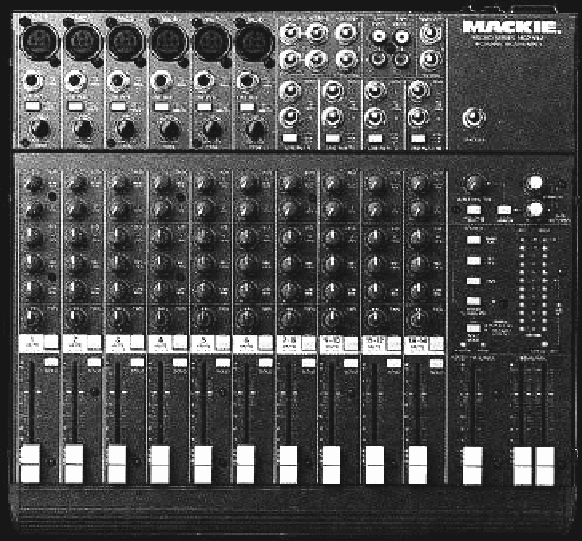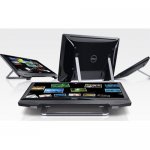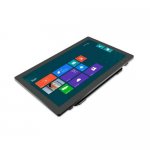- Joined
- Oct 27, 2011
- Messages
- 101,951
- Reaction score
- 45,463
- Gender
- Male
- Political Leaning
- Conservative
I agree that most people think of the tiled interface as the sum total of Windows 8, and I agree that that's not really accurate. However...
1) The tiled interface sucks, so far as I can tell, so why bother screwing with it at all? If the primary difference between Windows 7 and 8 is this useless tile interface (and I have played with it a bit - not extensively - and so far it sucks), why invest in such a thing?
2) I'm very concerned about what it (Windows 8, not the tile interface) might do as far as backwards compatibility with existing software, and most especially with games. Microsoft has a spectacularly bad track record with such things.
I'm perfectly comfortable with my Android phone and tablet...and I see the tile interface as being no different. It is even easy to manipulate with a mouse and keyboard. However, I recognize that other's preferences might differ. Bottom line...I don't think it sucks...I like it.
As far as Win8's backward compatability....if Win7 will run it, Win8 will run it...and probably faster and more stable.



